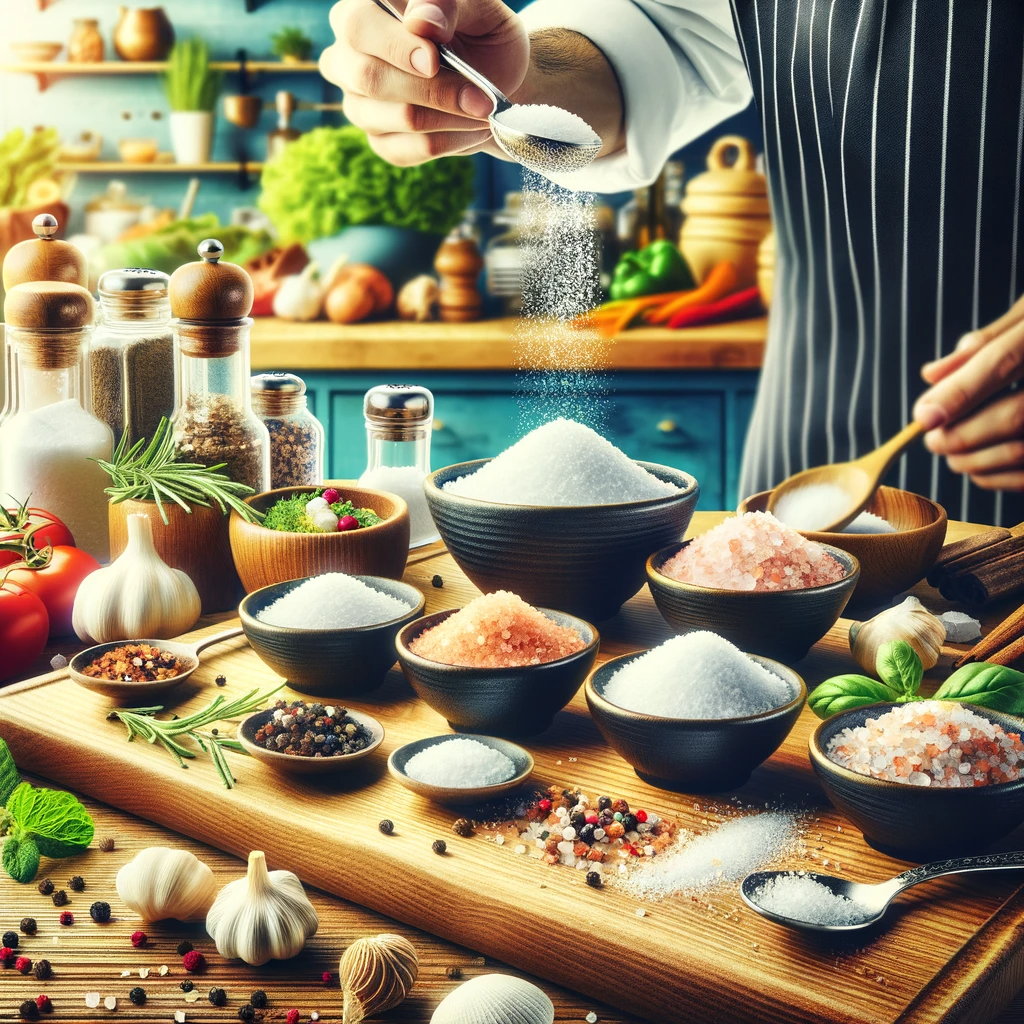Introduction: Salt is a fundamental ingredient in our diets, enhancing the flavor of our favorite dishes and even playing a crucial role in our body’s overall function. However, like many things in life, balance is key. In this article, we’ll explore the importance of salt in a healthy diet and provide you with valuable tips on how to manage it wisely to ensure your well-being.
1. The Role of Salt in Your Body: Salt, chemically known as sodium chloride, is an essential mineral that your body needs to function properly. It plays a vital role in maintaining fluid balance, transmitting nerve impulses, and supporting muscle contractions. Without salt, our bodies would struggle to maintain essential processes.
2. Salt and Blood Pressure: While salt is essential, excessive consumption can lead to health issues, particularly high blood pressure (hypertension). High blood pressure is a significant risk factor for heart disease and stroke. Therefore, it’s crucial to strike a balance in your salt intake to keep your blood pressure in check.
3. Daily Sodium Recommendations: The American Heart Association recommends a daily sodium intake of less than 2,300 milligrams for adults. However, the ideal amount may vary depending on your age, activity level, and underlying health conditions. Always consult with a healthcare professional to determine your specific sodium needs.
4. Hidden Sodium Sources: Many processed and restaurant foods are loaded with hidden sodium, making it challenging to control your salt intake. Be mindful of foods like canned soups, fast food, and packaged snacks, which can be surprisingly high in sodium. Reading food labels can help you identify and avoid excessive salt content.
5. Cooking with Less Salt: Reducing your salt intake doesn’t mean sacrificing flavor. Experiment with herbs, spices, and citrus to enhance the taste of your dishes without adding too much salt. Cooking at home allows you to have full control over the ingredients and seasonings you use.
6. Salt Alternatives: Consider using salt alternatives like potassium chloride-based salt substitutes or low-sodium seasonings. These options can help you maintain the taste you love while reducing sodium intake.
7. Gradual Reduction: If you’re used to a high-salt diet, it’s essential to reduce your intake gradually. Sudden changes in your diet can affect your taste buds and make the transition more challenging.
8. Hydration: Drinking plenty of water can help flush excess sodium out of your system. Staying well-hydrated is another important aspect of maintaining a healthy balance.
9. Regular Health Check-ups: Schedule regular check-ups with your healthcare provider to monitor your blood pressure and overall health. They can offer guidance and ensure you’re on the right track.
10. Conclusion: In the grand culinary performance of life, salt plays a starring role, but it’s essential to find the right balance. Managing salt as an essential ingredient for a healthy diet involves understanding its role, monitoring your intake, and making mindful choices. By doing so, you can enjoy the flavors of life while safeguarding your well-being.
In conclusion, salt is a vital part of our diets, but moderation and awareness are key to reaping its benefits without the risks. Incorporating these tips into your daily routine will help you maintain a healthy salt balance and lead a healthier, happier life. Remember, a little pinch of wisdom can go a long way in your culinary journey.
